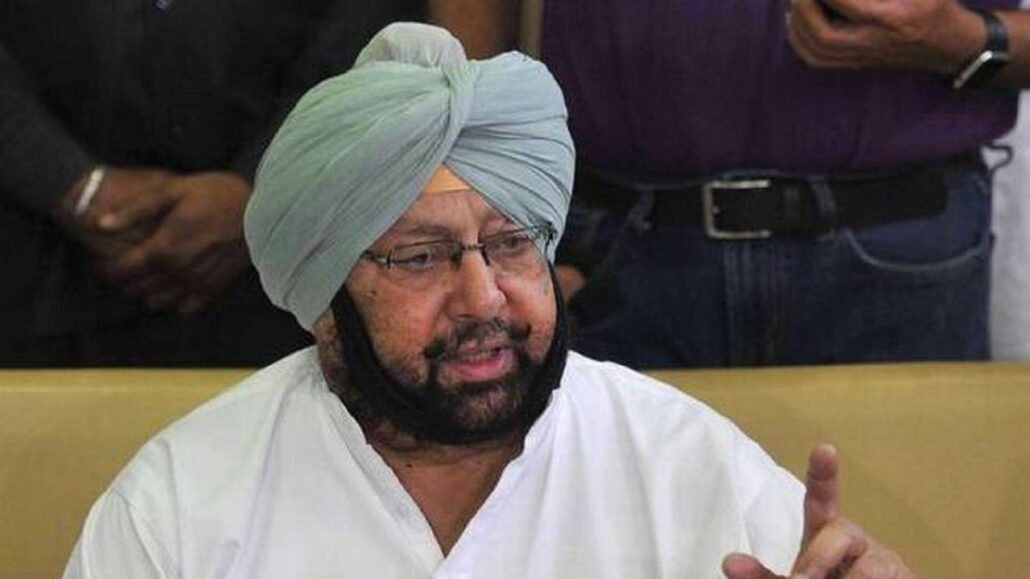
Punjab Chief Minister Amarinder Singh on Tuesday called for an urgent resolution of the deadlock over the new agricultural reforms, claiming that a threat from Pakistan could not be undermined.
The chief minister also referred to the Operation Blue Star of 1984, and warned that prolonged negotiations at that time had led to a lot of pent-up anger, which proved to be dangerous.
“We have to work to resolve this issue before things go out of hand,” Singh said at an all party meeting, adding that he knew the amount of “drones, arms and ammunition” that were being “smuggled into the state from across the border”.
The Congress leader recalled how the Operation Blue Star happened soon after two months of negotiations, relating to a list of some 42 demands, had failed. “If anger builds here, it will be exploited”, Singh said, referring to the farmer protests.
Tens of thousands of farmers have been camping out on the outskirts of Delhi for over two months, demanding the repeal of the three agricultural laws passed in September. Multiple rounds of talks between their leaders and the central government took place, but all of them failed to end the impasse.
The chief minister added that his focus on security threats stemmed from his “awareness of the grave challenge to Punjab”. If there is no peace here, no industry will come, he said.
As part of Operation Blue Star, which lasted several days, the Indian Army stormed the complex of the Harmandir Sahib, the holiest shrine for Sikhs, in Amritsar, to evict a group of Khalistani militants led by separatist Jarnail Singh Bhindranwale. The military action on the shrine in which several people, including Bhindranwale were killed, distressed Sikhs around the world. It led to the assassination of Prime Minister Indira Gandhi by her two Sikh bodyguards four months later.
Singh was referring to demands for autonomy raised by the Akali Dal before militancy erupted in Punjab, leading to Operation Blue Star. These 42 demands included the transfer of Chandigarh – the joint capital of Punjab and Haryana – to Punjab; the transfer of its share of irrigation waters from Haryana and Rajasthan; the declaration of Amritsar as a holy city; the establishment of a radio transmitter at the Golden Temple to broadcast daily prayers; and the recognition of Sikhism as a separate religion under the Constitution.
While the Akali Dal split with its long-time ally Bharatiya Janata Party in September over the farm laws, Tuesday was the first time it aligned with the Opposition on the matter.
Akali Dal Rajya Sabha MP Naresh Gujral attended the all-party meeting held in the chamber of the Leader of the Opposition Ghulam Nabi Azad to discuss the Opposition’s strategy.
Gujral, however, clarified that his party was not aligned with any broader grouping. “Azad said all parties that are seeking a separate discussion on the farmers’ issue are invited, so I went,” he told. “It was not just the Akali Dal. All parties were there. The Aam Aadmi Party was there, the Samajwadi Party was there. They are not part of the UPA.”




